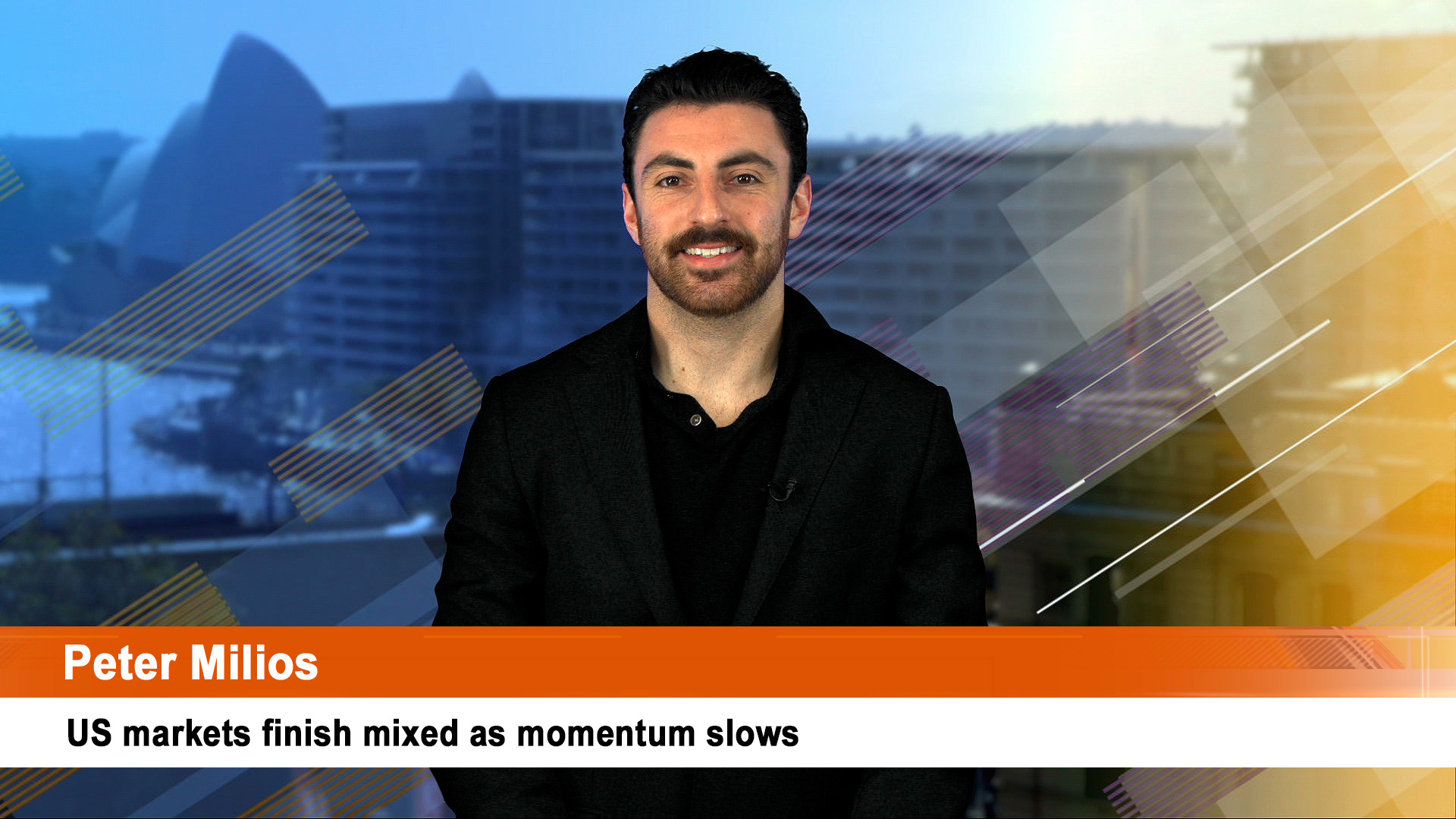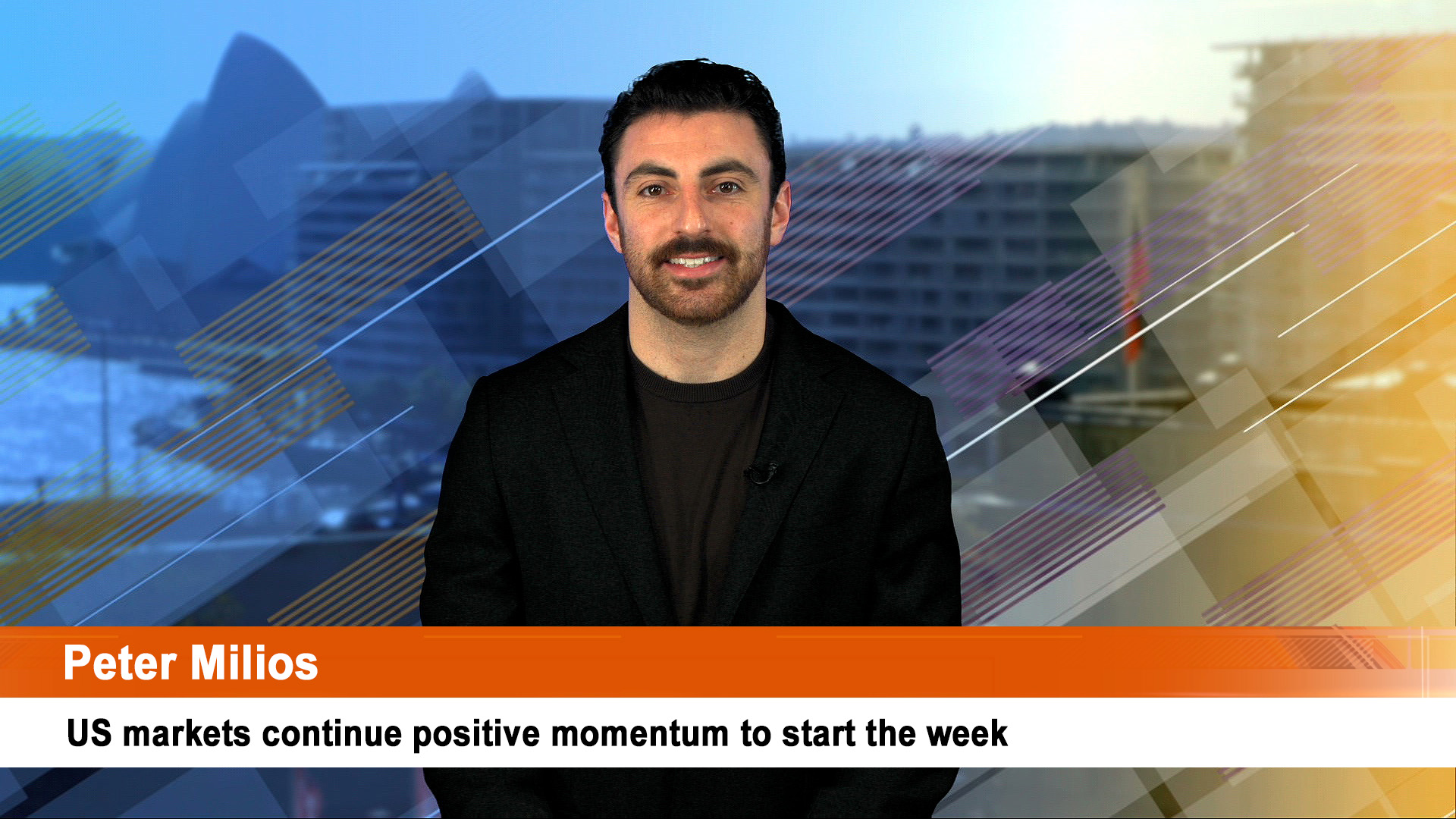The continuing banking crisis saw the Australian sharemarket slide again on Monday amid more concern about the stability of the global financial system.
Investors here and in Asia were not assured by the $US120 billion bailout and takeover of Credit Suisse by its rival, UBS, and supported by the Swiss National Bank and then the promise of tens of billions of US dollars in emergency funding from the world’s major centre banks.
Those emergency funding deals started last night in the UK and Europe and will see the five central banks, led by the Fed and the European Central Bank, pump billions of dollars into global markets every day for the next six weeks – until the end of April, in a bid to prevent a repeat of the way the markets froze in the wake of the collapse of Lehman Brothers in September, 2008.
Credit Suisse is twice the size of Lehman Brothers and even though it has been ‘rescued’ by UBS and Swiss taxpayers, the holders of $US17 billion worth of special bonds have already been wiped out, a situation that will upset the holders of those securities and which could trigger further losses.
Reserve Bank assistant governor Chris Kent used a speech in Sydney Monday morning to stress that the nervousness would not impact local financials. He made the point that Australian banks are “unquestionably strong” with solid capital and liquidity buffers.
“Volatility in Australian financial markets has picked up, but markets are still functioning and, most importantly, Australian banks are unquestionably strong,” Kent said. He added that local banks’ capital and liquidity positions are well above regulatory requirements.
That’s a point the Council of Regulators made in their quarterly report last week.
Markets in Asia led the way down – the Hang Seng fell more than 3% with HSBC, the region’s largest bank, seeing its shares tank 6%.
The Japanese market fell more than 1% and the Chinese market also saw losses two days after the central bank pumped more money into banks to keep liquidity plentiful.
A weak day’s trading in London, Europe and the US lays ahead. After early US futures trading showed some confidence, they slumped heavily into the red as European and were about to start trading.
The S&P/ASX 200 finished down 1.4%, or 96.3 points, to 68,98.5 points at the end of the session, setting a new 50-day low.
The drop extends on the ASX decline from last week, in which it its worst weekly drop since September and marked its longest losing streak since the 2008 financial crisis.
With gold closing in on the prospect of topping the $US2,000 an ounce level again, local miners did well. Gold miners St Barbara, Gold Road Resources and Evolution Mining were the clear winners on a miserable day, with the share price of each company rising by more than 10%.
Bank though were not the big losers that they appeared to be early in the session.
While the big four banks dipped in early trading, the Commonwealth and Westpac managed to regain the green by mid-session but couldn’t hold the vibe and ended 0.4% and 0.6%.
Losses by the ANZ (down 1.4%) and NAB (down 1.5%) were more noticeably and had a big impact on the overall loss for the ASX 200.
And while investors fret about banks and financial stocks, they should also keep a close eye on the Fed decision to be announced early Thursday morning, Sydney time – a quarter of a per cent remains the best bet.













